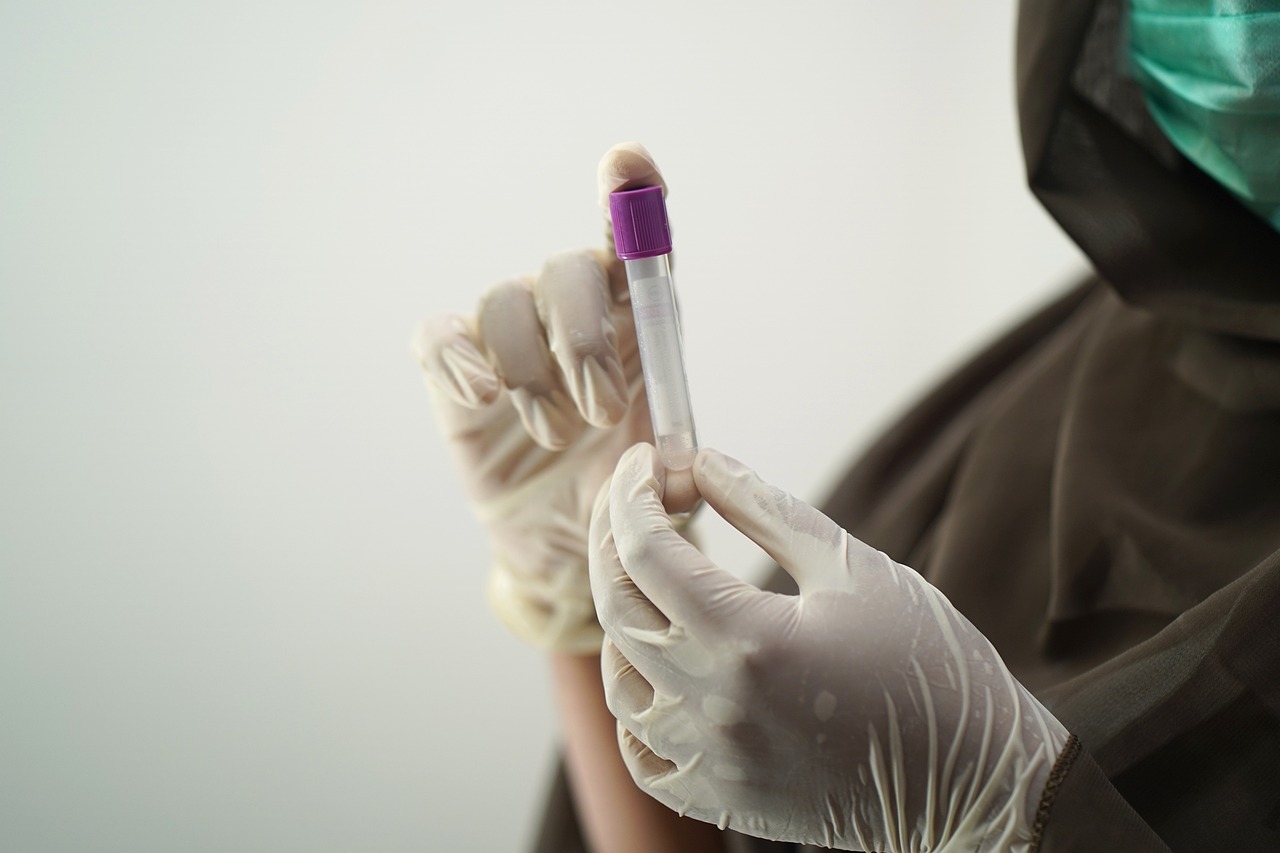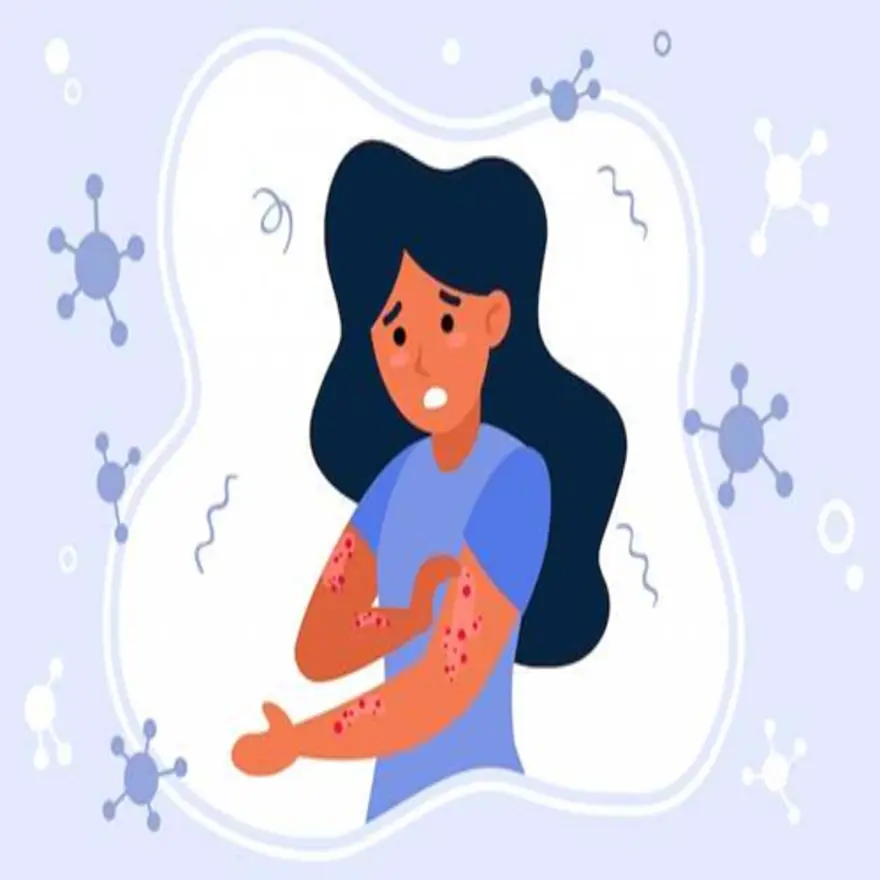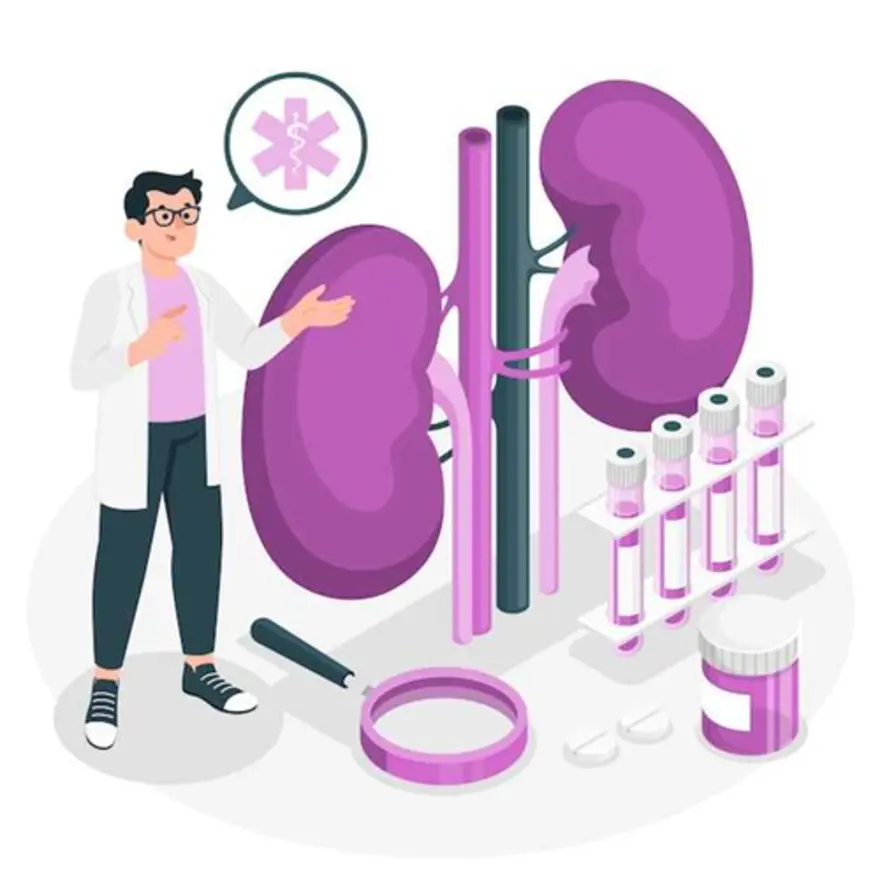Preventive Healthcare
Lupus: Its Symptoms, Treatment & Testing
2897 Views
0

Lupus is a chronic autoimmune disease. It can be difficult to diagnose due to its wide range of symptoms that often mimic those of other illnesses. This makes it all the more important for individuals experiencing any unusual symptoms to seek out proper lupus testing and evaluation from medical professionals.
In this comprehensive guide, we'll explore everything you need to know about lupus testing – from the different types of lupus tests available and what they measure. If you or someone you know is living with lupus or suspects they may have it, keep reading for essential information on getting tested and properly diagnosed.
What is Lupus?
Lupus is an autoimmune disease. It can damage any part of the body. Lupus at times affects the lungs, heart, and brain.
There is no lupus testing that can diagnose the condition. Doctors often use a combination of tests to make a diagnosis. Some of the most common tests for lupus include:
- Blood Tests: Blood tests are an important part of lupus testing. Tests like Lupus Anticoagulants (LAC) profiles can help measure levels of inflammation and lupus antibodies.
- Urinalysis: This lupus test looks for signs of kidney damage. Kidney damage is common in lupus.
- Imaging Tests: These can help look for signs of organ damage or inflammation. Common imaging tests used to diagnose lupus include X-rays, ultrasounds, and MRIs.
- Erythrocyte Sedimentation Rate: This test measures the speed at which red blood cells settle to the bottom of a test tube. Higher rates indicate inflammation in the body.
- Kidney and Liver Assessment: These tests can also help determine if lupus is causing kidney or liver damage.
- Antinuclear Antibody (ANA) Test: This test can help detect antibodies that are present when the body’s immune system is attacking its own cells. While most people with lupus have a positive ANA test, most people with a positive ANA do not have lupus. If you test positive for ANA, your doctor may advise more-specific antibody testing.
Symptoms of Lupus
There are many different symptoms of lupus. They can vary from person to person. Some people with lupus may have only a few mild symptoms, while others can have more severe symptoms.
The most common symptom of lupus is fatigue. This can be a very debilitating symptom, as it can make it difficult to do everyday activities. Other common symptoms include joint pain and stiffness, skin rashes, hair loss, and kidney problems.
If you are experiencing any of these symptoms, you must see your doctor for a diagnosis, who will recommend tests for Lupus.
Treatment for Lupus
There is no one-size-fits-all treatment for lupus. This is because the condition can vary greatly from person to person. Treatment plans are often developed on a case-by-case basis, considering the Lupus test results.
That said, some common treatments are often used to manage lupus. These include:
- Anti-Inflammatory Drugs: These can help reduce inflammation throughout the body. Common examples include corticosteroids (such as prednisone) and nonsteroidal anti-inflammatory drugs (NSAIDs), such as ibuprofen or naproxen.
- Immunosuppressive Drugs: These medications help suppress the body’s immune system. This can help reduce inflammation and prevent flares. Common immunosuppressive drugs used to treat lupus include azathioprine, cyclophosphamide, and methotrexate.
- Antimalarial Drugs: These medicines are often used to treat malaria, but they can also help treat lupus. They work by helping to control inflammation and preventing flares. Common antimalarial drugs used to treat lupus include hydroxychloroquine and chloroquine.
- Biologic Agents: Biologic agents are a newer type of medication. They help target specific parts of the immune system. They can be effective in treating severe cases of lupus that haven’t responded to traditional treatments. Common biologic agents used to treat lupus include belimumab and rituximab.
- Lifestyle Changes: Making healthy lifestyle choices can help manage lupus symptoms and reduce flares. This may include getting regular exercise, eating a balanced diet, reducing stress, and getting enough rest.
- Complementary Therapies: Complementary therapies such as massage, acupuncture, yoga, and meditation can help reduce stress levels and promote relaxation. This can help manage the symptoms of lupus.
- Corticosteroids: Corticosteroids are powerful anti-inflammatory drugs. They can be used to reduce inflammation, swelling, and pain. They are usually taken orally or injected directly into an affected area. Short-term use of corticosteroids can be effective in treating lupus flares. However, long-term use can cause serious side effects such as weight gain, thinning of the bones, high blood pressure, and increased risk of infection.
Living with Lupus
There is no cure for lupus, but treatments are available to help manage symptoms and reduce flares. If you have lupus, it's important to see your doctor regularly for checkups and to monitor your symptoms. You may also need to take medication to control the disease.
Living with lupus can be challenging, but there are ways to cope with the disease. It's important to stay informed about your condition and work closely with your doctor to manage your symptoms. There are also support groups and other resources available to help you cope with lupus.
Regular lupus testing may be prescribed by the doctor to monitor the effects of medications or to understand how well the symptoms are being managed. In such cases, it is the duty of the patient and the caregiver to make sure that all the prescribed tests are done and the results are shown to the doctor for a prognosis.
Conclusion
Lupus can be a challenging condition to diagnose and treat. However, with timely lupus testing, it is possible to obtain an accurate diagnosis. It is important to keep in mind that there are many tests available for lupus, and each of them has its own strengths and weaknesses.
To ensure the best results, it is important to have a thorough evaluation done by your doctor so they can identify which test would be most beneficial for you. You can rely on us at Metropolis Healthcare for dependable and accurate test results. No matter which test your doctor prescribes, you can count on us to provide you with quick results. You can visit one of our many diagnosis centres across India or you can book a home visit. Contact us to learn about anything we can do for you.























 WhatsApp
WhatsApp